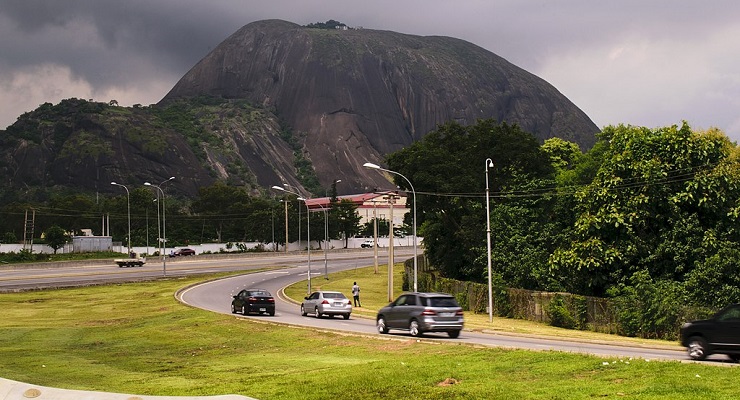
Although Nigeria effectively transitioned to democracy in 1999 it is having a hard time consolidating these reforms. This Blog Post by Ebenezer Obadare published by Council on Foreign Relations argues that the biggest threat to Nigeria’s democracy is the state itself. Here is an excerpt:
Will there be an election in Nigeria next year? If so, what kind of election will it be, and how will its outcome affect the country’s long term stability?
As political activity across the country heightens in the approach to party presidential primaries at the end of May, these and ancillary questions are being asked by observers who worry that the election is in danger of becoming a sideshow to more urgent issues that pertain to the very survival of Nigeria as a country.
Key among these issues are rampant insecurity, especially widespread kidnapping; random outbreaks of violence; a spike in occurrence of ritual killings; and sporadic attacks by roving bandits, the latter concentrated in but by no means restricted to the northwestern and northcentral parts of the country. Last Sunday, forty-eight people were reported killed after “dozens of gunmen on motorcycles” stormed three villages in the northwestern state of Zamfara, adding to the more than 5,000 slain across the Nigerian northwest since 2018. An estimated 915 and 571 people respectively were killed and kidnapped in the country in January 2022 alone, even as a majority among the 168 people reportedly kidnapped in March after gunmen opened fire on and stormed a Kaduna-Abuja passenger train remain in the custody of their abductors.
Read the full article here.
As the race for the Nigerian presidency takes shape, the fate of Nigeria itself hangs in the balance.
Leave a Reply